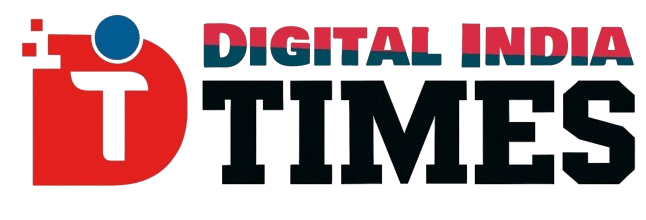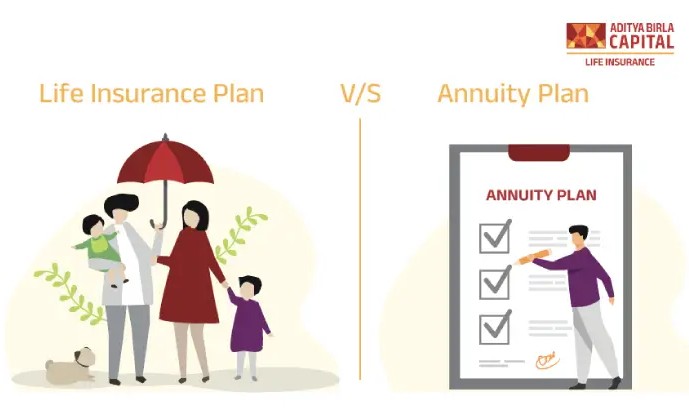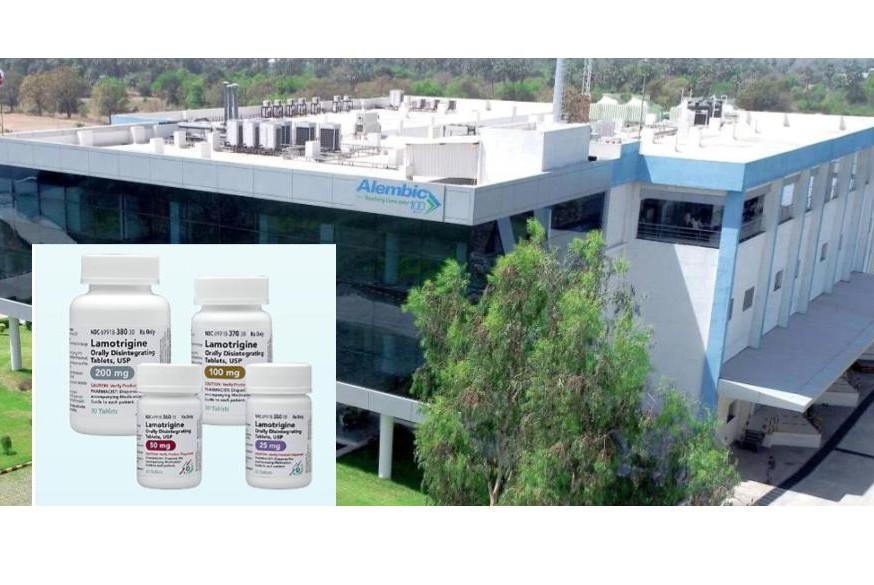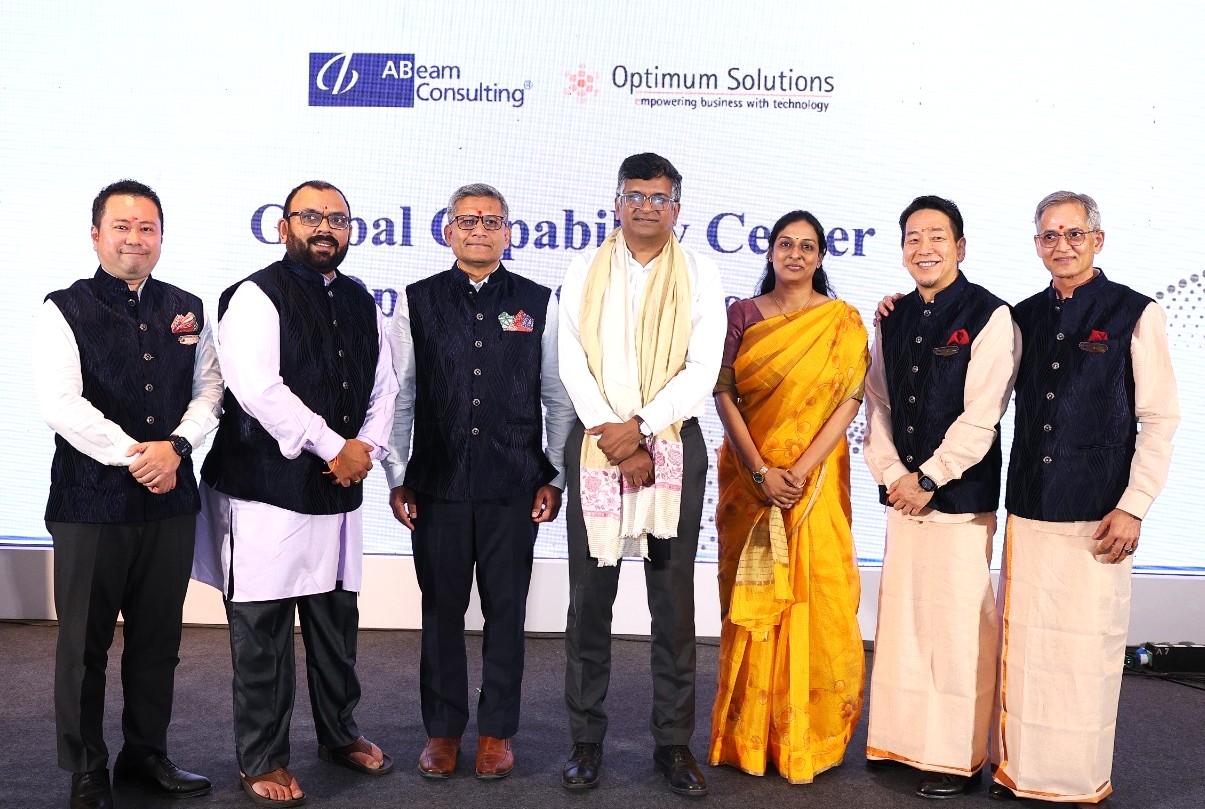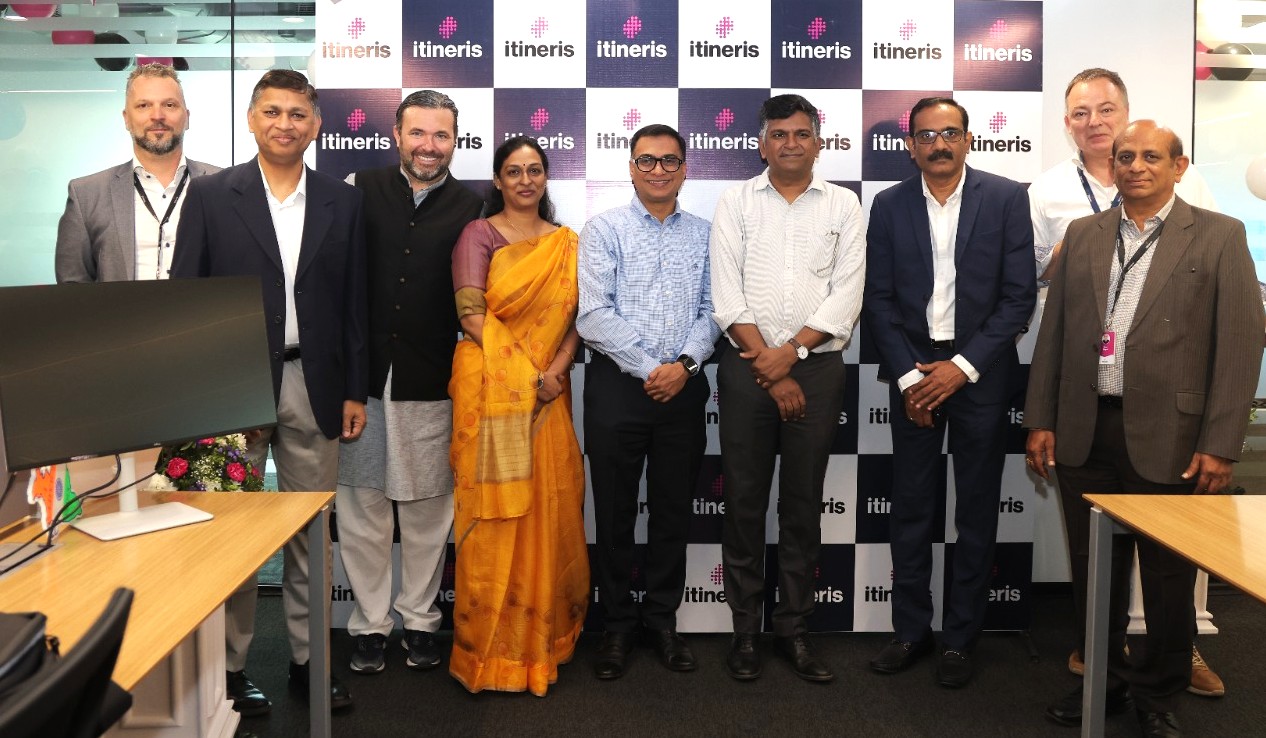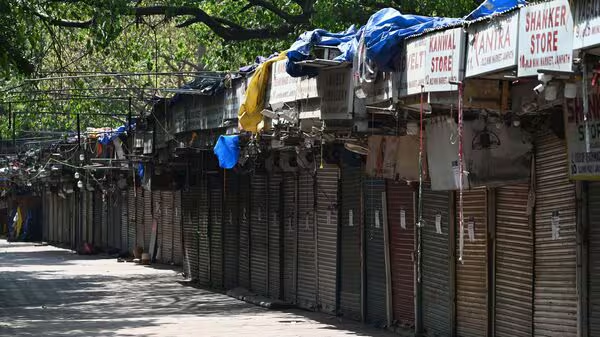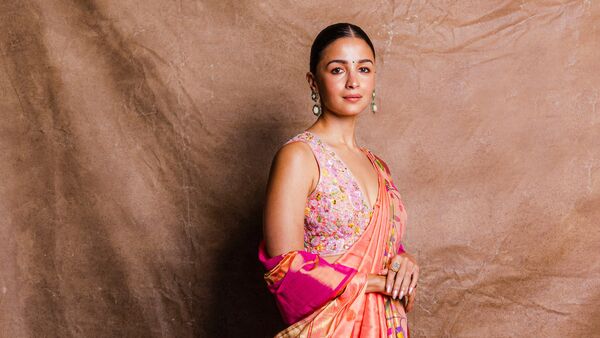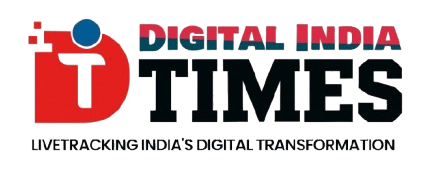India Showcases Farmer-Centric Livestock Model at FAO Global Conference in Rome
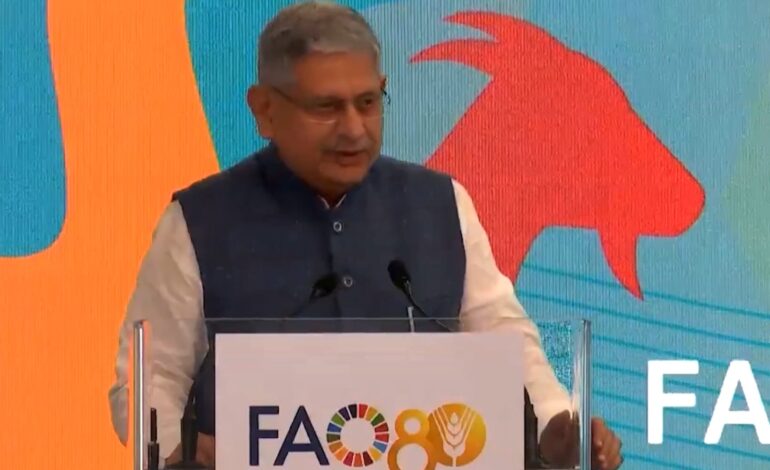
Union Minister of Fisheries, Animal Husbandry & Dairying Rajiv Ranjan Singh addressing the high-level ministerial session of the 2nd Global Conference on Sustainable Livestock Transformation at FAO headquarters in Rome on Monday.
Rome, September 29: Union Minister of Fisheries, Animal Husbandry & Dairying Rajiv Ranjan Singh on Monday highlighted India’s leadership in dairy and livestock production at the 2nd Global Conference on Sustainable Livestock Transformation organized by the Food and Agriculture Organization (FAO). Addressing the high-level ministerial session, Singh pitched India’s farmer-centric model as a blueprint for inclusive growth, while calling for global cooperation and policy flexibility to support developing nations.
Singh noted that under Prime Minister Narendra Modi’s leadership, India has rolled out transformative initiatives that have improved food security, strengthened rural livelihoods, and lifted millions out of poverty. Citing a World Bank report, he said 269 million Indians have moved out of extreme poverty since COVID-19, with poverty levels dropping from 27.1% to 5.3%.
The minister underlined the livestock sector’s role in sustaining nearly two-thirds of rural households, many led by women, and pointed to its 12.77% CAGR in recent years. The sector contributes 31% to agricultural Gross Value Added (GVA) and 5.5% to the national economy. India, he stressed, is now the world’s largest milk producer, accounting for one-fourth of global output with 239 million tonnes annually, the second-largest producer of eggs, and a leading exporter of buffalo meat.
Singh attributed this growth to people-centric policies, robust vaccination and breeding programmes, and innovations such as the National Digital Livestock Mission, which has already registered 353 million animals and 94 million owners. He also highlighted India’s $3.5 billion Animal Husbandry Infrastructure Development Fund and grassroots initiatives like MAITRIs and A-HELP, which train rural resource persons and empower women to deliver animal health services.
The minister reaffirmed India’s support for the “One Health” approach linking human, animal, and environmental health, backed calls for stable global financing against transboundary animal diseases, and reiterated India’s action on antimicrobial resistance. He pointed to India’s $25 million grant from the G20 Pandemic Fund for animal health security as a sign of its commitment to preparedness.
Reaffirming India’s 80-year partnership with FAO, Singh urged that the Global Plan of Action for Sustainable Livestock Transformation remain a guiding framework rather than a prescriptive model, with room for national priorities. He also underlined women’s central role in the “White Revolution,” noting that more than 70% of India’s dairy workforce are women.
In a symbolic gesture of India’s dairy leadership, Singh reminded delegates that India and Ireland co-sponsored a resolution for an International Day of Milk, endorsed by the 44th FAO Conference and awaiting consideration at the UN General Assembly.
